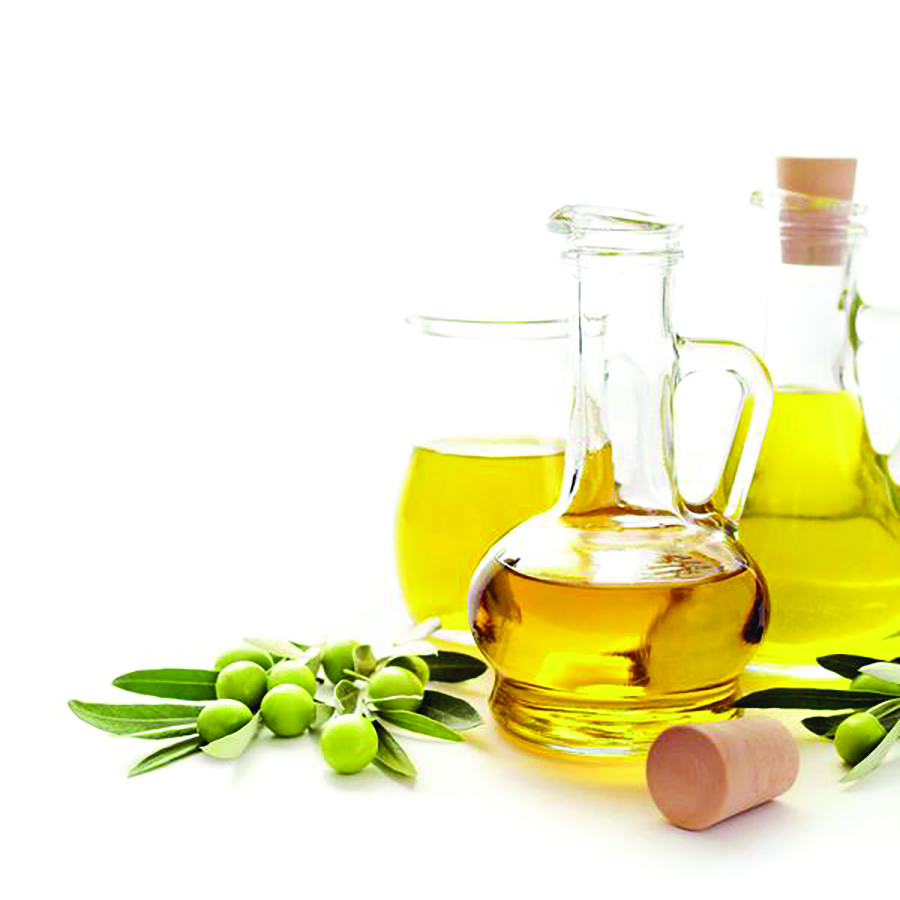 By Victor S. Sierpina, MD, ABFM, ABIHM, Director, Medical Student Education Program, WD and Laura Nell Nicholson Family Professor of Integrative Medicine, Professor, Family Medicine University of Texas Distinguished Teaching Professor
By Victor S. Sierpina, MD, ABFM, ABIHM, Director, Medical Student Education Program, WD and Laura Nell Nicholson Family Professor of Integrative Medicine, Professor, Family Medicine University of Texas Distinguished Teaching Professor
Not long ago, a friend and our lovely spouses were having lunch at a tony neighborhood Italian restaurant in Austin. While ordering, my amigo Dr. Donald Counts, a well-respected Austin integrative medicine doc, inquired closely with the server as to the source and specifications of the proffered olive oil. I was curious as I routinely recommend olive oil as a healthy part of an anti-inflammatory and Mediterranean type of diet.
It turns out there is a lot more to the story as olive oils vary wildly in quality, extraction techniques, additives, dilutants, pollutants, storage life, counterfeiting, marketing claims and much more. It turns out olive oil has long been considered an essential element of human life. Huge and cottage industries have brought this sublime product through millennia and it has suffered from adulteration in ancient Greek and Roman times, Mafia control, and other scandals. You remember, no doubt, the line in the movie, The Godfather, when Don Corleone played by Marlon Brando was in front of a congressional inquiry and when asked about his trade said, “I am in the olive oil business.”
It is all told in detail in a book by Tim Mueller, Extra Virginity, The Sublime and Scandalous World of Olive Oil, a book Don sent me a couple weeks after our lunch.
Like wine, olive oil can be rated by specialized tasters and gourmet aficionados. Instead of inhaling, swishing, and slurping a wine at a tasting, olive oil judges are blinded to color by tinted tulip-shaped glasses, sniff and sip a variety of warmed oils, and suck air into their mouths to coat the tongue and mucosa to get a full experience of the oil. This latter is a process called strippaggio and helps judges determine, among other factors, if an oil is suitable for consumption and cooking or should be relegated as a lampante, to be burned as a source of light.
Olive oil and olives have a long history infusing biblical stories such as the dove with an olive branch returning to Noah’s ark, the olive tree as an enduring immortality symbol as they live for millennia, Mary Magdalene washing Jesus’s feet with oil and her hair, and as a symbol of peace, since olive trees require tending and nurture, thriving in a stable and peaceful environment. It also has traditional uses for wound healing, remember the Good Samaritan, for anointing in sacred rituals in multiple faiths, for massage, skin care, and even as a slather for gladiators and wrestlers. This is above and beyond the special flavor it adds to vegetables, salads, grilled or sautéed food, pasta, and other culinary delights.
Scientists agree that the healthy fatty acids, the omega-9 oleic acid in olive oil, polyphenols and other antioxidants are health promoting. Some recommend we take a couple tablespoons of a high-quality oil daily.
And there’s the rub. Not all olive oil is as advertised. It may be labeled as bottled in Italy but grown somewhere else. Cold pressed, first pressed, pure, refined, organic, filtered, unfiltered, best by date, virgin, or extra-virgin labels can be misleading. Some fraudulent producers mix in cheaper sunflower, canola, or safflower oils and some “olive oils” are one of these oils instead of real olive oil.
Extra Virginity provides an extensive list of resources to evaluate your olive oil at www.extravirginity.com. Other sites such as www.internationaloliveoil.org;
http://www.internationaloliveoilusa.org/;www.cooc.com/producers_certified.html; www.temeculaoliveoil.com; www.olivoilsource.com;www.theolivepress.com are just a sample of sites in the book that help guide us to informative organizations or producers of high-quality olive oil.
Olive oil, like wine, has a broad spectrum of flavors and intensity. It can vary from a light golden or straw color to a beautiful green hue. Its aromas likewise vary, as olive oil connoisseurs can tell you.
For fun, at your next party, offer an olive oil tasting and see how people distinguish the different varieties, their personal preferences, and more. A powerful, full-bodied oil, robust, early harvest goes well with foods with strong or distinctive flavors such as pepper steak, arugula, or even over vanilla ice cream! Mild, delicate fruit, or late harvest oils work well with fish, chicken, or potatoes.
To assure the health benefits of your olive oil, select cold-pressed, extra-virgin olive oil, knowing you’ll spend a bit more for it. Keep your oil away from light, heat, and oxygen to preserve its freshness and flavor. Freezing is an option as well.
Consider making olive oil a key part of your daily diet in cooking and perhaps even ingesting a shot or two neat. However, take some time to select the optimal brand for quality, reliable purity, and of course the taste you want for way you want to use the oil in your kitchen or even bedroom.



